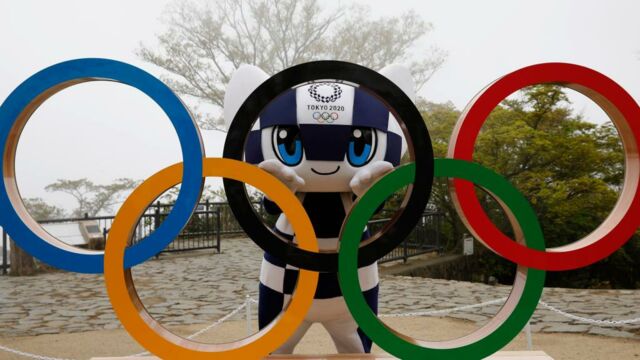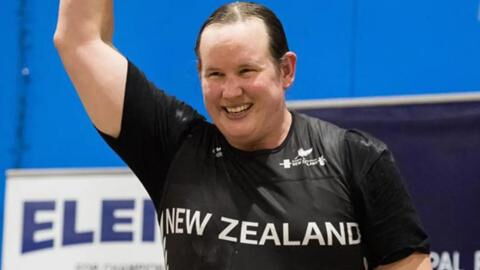Next month in Tokyo, 29 athletes will compete across 12 Olympic sports not as official representatives of their home countries, but as part of the refugee Olympic team.
Discover our latest podcast
Representing 80 million people
The IOC first created a refugee team for the 2016 Olympics in Rio de Janeiro, Brazil, when they sent ten athletes to compete. All expenses and accommodations were provided by the IOC, and the athletes used the Olympic logo as their flag.
In a press release, the United Nations Refugee Agency congratulated the initiative to create this team a second time.
UN High Commissioner for Refugees Filippo Grandi said that the 29 athletes set to compete this year provide hope and aspiration for the more than 80 million refugees in the world.
He said:
Surviving war, persecution and the anxiety of exile already makes them extraordinary people, but the fact that they now also excel as athletes on the world stage fills me with immense pride.
This year’s team will play in a variety of sports, including judo, taekwondo, karate, wrestling, badminton, weightlifting, boxing, cycling, canoe, swimming, and athletics.
The athletes' stories
Yusra Mardini will compete in the 100 metres freestyle in swimming. From Damascus, Syria, Mardini was forced to flee the war-torn country and relocate to Germany, where she was able to continue swimming.
Anjelina Nadai Lohalith competed at the Rio de Janeiro Olympics as a member of the refugee team, and is set to fight for gold again in Tokyo. Originally from South Sudan, Lohalith runs the 1500 metres in athletics.
Abdullah Sediqi is set to compete for gold in taekwondo this year. He left Afghanistan in 2017 and now lives in Belgium. Sediqi hopes to emulate the first ever Olympic medalist from Afghanistan, Rohullah Nikpai.















